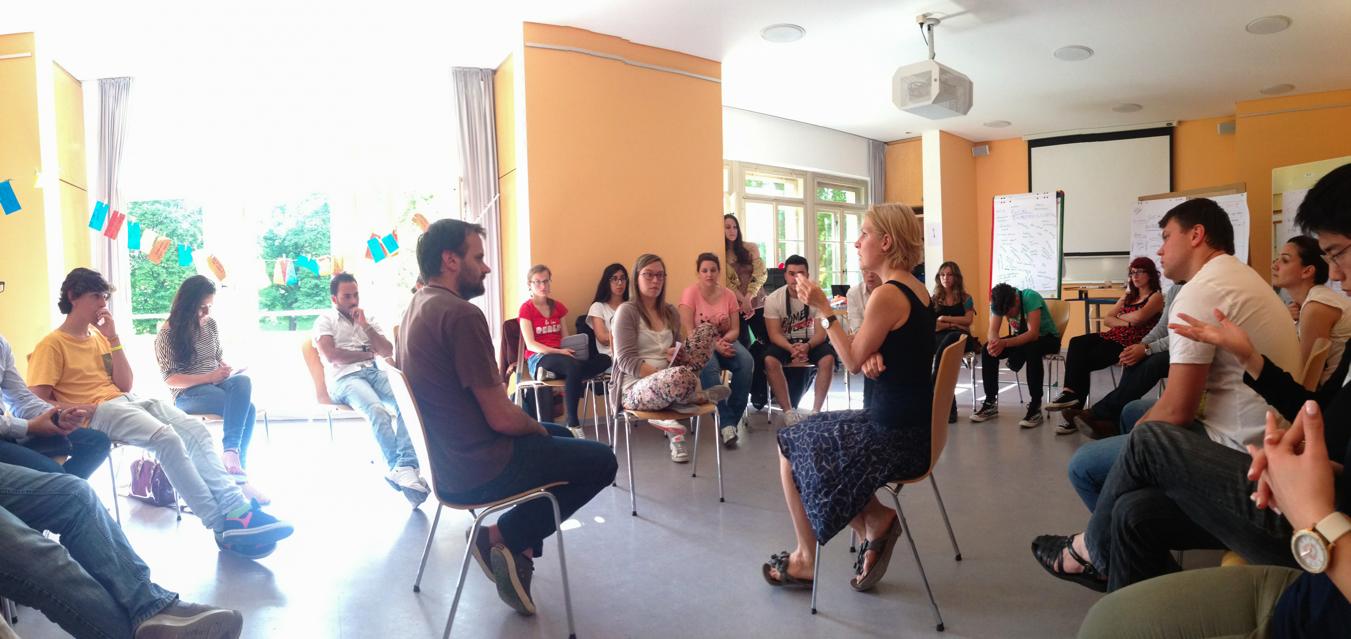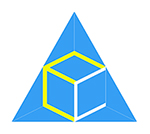Review on “The Change Makers 2: Sustainable Development Through Entrepreneurship Education” Youth Exchange

Erasmus+ Youth Exchange
11-18.05.2015 I Sajan, Serbia
Education, or rather lack of it, plays a key role in inefficiency. Young people with low levels of education are much more likely to be affected by unemployment, inactivity or difficult transition activities from school to work than young people with secondary or higher education and intensive experiences through non-formal education pathways.
The project “The Change Makers 2: Sustainable Development through Entrepreneurship Education” was implemented through the Training Course which took place from 11th – 18th May 2015 in Sajan, Serbia. The TC gathered 35 participants from ten countries; Albania, Bosnia and Herzegovina, Croatia, Czech Republic, Macedonia, Germany, Italy, Kosovo, Romania and Serbia. Venue took place in the “Youth and Educational Centre Sajan”, in Serbia, newly established youth centre whose position allowed us to add many outdoors activities to the scheduled activities. Organization Coordinator of the project was “Culture Goes Europe (CGE), Soziokulturelle Initiative Erfurt e.V.”
The main aim we tried to reach through the project was to support a fight against unemployment through the lens of sustainability and along with that we opened the topic of how such modifications can influence changes of the social problems in local communities. Participants of the TC had the opportunity to express their thoughts, ideas, practical projects they prepared in advance and gain skills which will be useful in their future entrepreneur ventures. Emphasis was put on the exchange of the entrepreneurial and non-formal educational practices. The greatest attention was paid to the exchange of entrepreneurial and informal educational practices and networking between the partners.
The project included meetings of youth workers from various youth centers and representatives of business incubators where they exchanged their experiences and also gain new knowledge and skills that would encourage them to think in unconventional ways and act in their local environment.
Each participant prepared his/hers small entrepreneurship project before coming to the training course. During the TC participants presented their projects, explaining the idea, difficulties they faced, benefits, problems and solutions that they applied to solve problems. Such analysis of a venture establishing processes in real life was extremely beneficial for the discussion and learning process.
